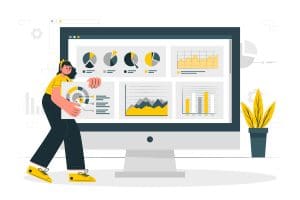Businesses today deal with a humungous amount of data on a daily basis. And when there are a number of terms and ways to deal with and turn your data into actionable insights, then it’s normal for the human brain to mix two concepts or find it difficult to spot the difference. Business Intelligence (BI) and Business Analytics (BA) are two such terms as well. With the ever-deepening relationship with big data and the increase in the amount of data that organizations can collect, business intelligence and business analytics are critical for interpreting the data and developing effective, data-driven strategies and decision making that businesses can use to stay one step ahead of the competition.
But what’s the difference between these concepts, and which one is best for your company’s requirements? In the realm of business intelligence, a lot of large terms are flung around, and it’s easy to become caught in a maelstrom of interpretation. Despite the fact that they are sometimes used interchangeably, business intelligence and business analytics have distinct uses and objectives. They can complement one other and maximize efforts to attain company goals when used together properly. The distinctions between Business Intelligence and Business Analytics are complex, and the terms are frequently used interchangeably, adding to the confusion. However, getting an idea and understanding of these differences can aid managers in selecting the right technologies and personnel to help their companies flourish.
Business Intelligence: The Definition
Business intelligence (BI) is a theory, technique, process, architecture, and technology that transforms raw data into actionable information for business objectives. It involves a collection of tactics and procedures that enterprises employ to analyze data and extract usable information from it. BI also covers various components of data prediction and forecasting. It entails transforming a large number of raw data files into something that can benefit the company in a variety of ways by providing business metrics in near-real-time to help you make better decisions. As a decision-making tool for businesses, business intelligence procedures are largely free of human bias and misjudgment as it converts numbers into business language, making the process more straightforward.

Business intelligence is all about leveraging data to make smart business decisions by monitoring and reporting data for analysis. It has a direct impact on the business’s strategic, operational, and tactical parts, making it an inseparable part of any modern business. With so much data out there, BI assists firms in refining existing relevant data to discern trends and patterns in order to make better decisions for current operations. Existing activities can be regularly maintained, refined, and streamlined using business intelligence technologies. Business intelligence also makes use of facts stored in the system, improving accuracy and removing the possibility of human mistakes from any analysis. By increasing firm competitiveness, BI promotes and maintains organizational performance. Managers may even use BI’s sophisticated data visualization tools, like real-time dashboards, to create intuitive, accessible reports that integrate specific, operational data.
Business Analytics: The Definition
The process of cleaning data using various statistical techniques and models to yield business insights is referred to as business analytics. Business analytics includes the skills, technology, systems, and procedures used to conduct continuous iterative research on a company’s historical performance in order to obtain insight into management. Data is gathered, sorted, processed, and then analyzed using a variety of statistical methodologies and equations. These automated systems compare data using correlation, regression, and other well-known statistical approaches before arriving at a valid conclusion. Some experts refer to Business Analytics as a subset of Business Intelligence that focuses on using statistics to analyze data in order to make business choices.


Business analytics focuses on gaining new insights and understanding of business performance via the use of data and statistical methodologies. The primary goal of Business Analytics is to work toward a certain goal while also uncovering actionable insights through data analysis. Business analytics, quite evidently, is a statistics-based subject in which data analysts utilize quantitative methods to create forecasts and develop growth strategies for the future. It is method-oriented since it uses predetermined techniques to get at facts and intended outcomes. It can also be used to perform predictive analysis and estimate future trends and patterns. Correlational analysis, regression analysis, factor analysis, forecasting analysis, text mining, image analytics, and other activities are all performed using business analytics software.
Business Intelligence and Business Analytics: A comparison
Both the concepts are put to use with the intention of making the data easier to understand, handle, and analyze. However, business intelligence reveals information about present consumers, business analytics does so about future customers’ behavior. Business Intelligence uses available data to analyze past patterns and make operations simple and easy in the present, whereas Business Analytics examines historical trends to produce predictions and forecasts for the future. It must be noted that business analytics is a word used by some professionals to define a set of prediction techniques used in the field of business intelligence. Business intelligence is virtually entirely covered by business analytics, which includes data gathering, information processing, organization implementation and governance, and risk and security compliance.
Business intelligence tools are largely concerned with keeping the current business running well and providing the studied outcomes, whereas business analytics tools are concerned with various approaches for executing various operating applications and utilized to make adjustments to operations. Business intelligence analyses current data, but Business Analytics uses Business Intelligence reports as inputs for analytic purposes in order to increase the sophistication of the gathering of derived knowledge for the representation of the analyzed data.
Final Words: What’s for You
Business Intelligence tools are useful when the primary goal of the company is to operate its current operations, however business analytics methodologies come in handy when long-term growth and survival are a major priority. As BI doesn’t ask for any coding, it has a wide range of utilities as well and if your company’s current demands need to be optimized, BI is the ideal tool for the job. Business Intelligence is the best option for a corporation that wants real-time reporting. Business Analytics, on the other hand, is more future-oriented and statistical in nature, it can be the ideal solution if a predictive analysis is required and future outcomes must be projected. It should also be the go-to when business processes must be changed and significant changes must be made to the system.
At Algoscale, with tools like Tableau, Looker, or Open Source among others, we bring to you the experience of operational excellence, enhanced profitability, and complete functional visibility, as we pull out the essence of information lying in your complex and raw data to unleash successful campaign delivery and revenue opportunities.
Also Read: Business Intelligence: SalesForce Tableau Report Automation












